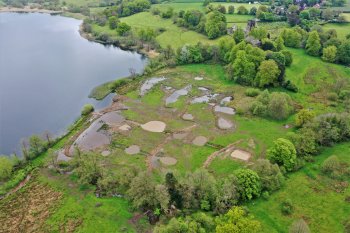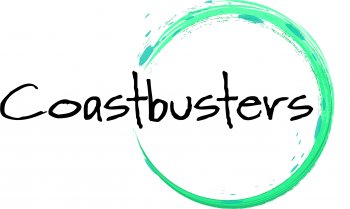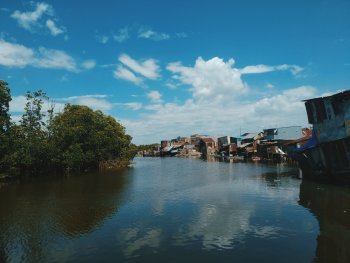Las Llamas Park, Santander: Wetlands and permeable car parks
The D4RUNOFF project’s goal is to create a novel framework for preventing and managing diffuse pollution from urban water runoff. This will be achieved by designing hybrid nature-based solutions (NbS) and a data-driven AI-platform to support policy and decision making.
The case studies have been identified for the implementation and validation of this approach in varying environments. The replicability of these results will then be assessed at five replication sites. The Las Llamas Park in Santander has been chosen as one of three case study sites as part of the D4RUNOFF project.




